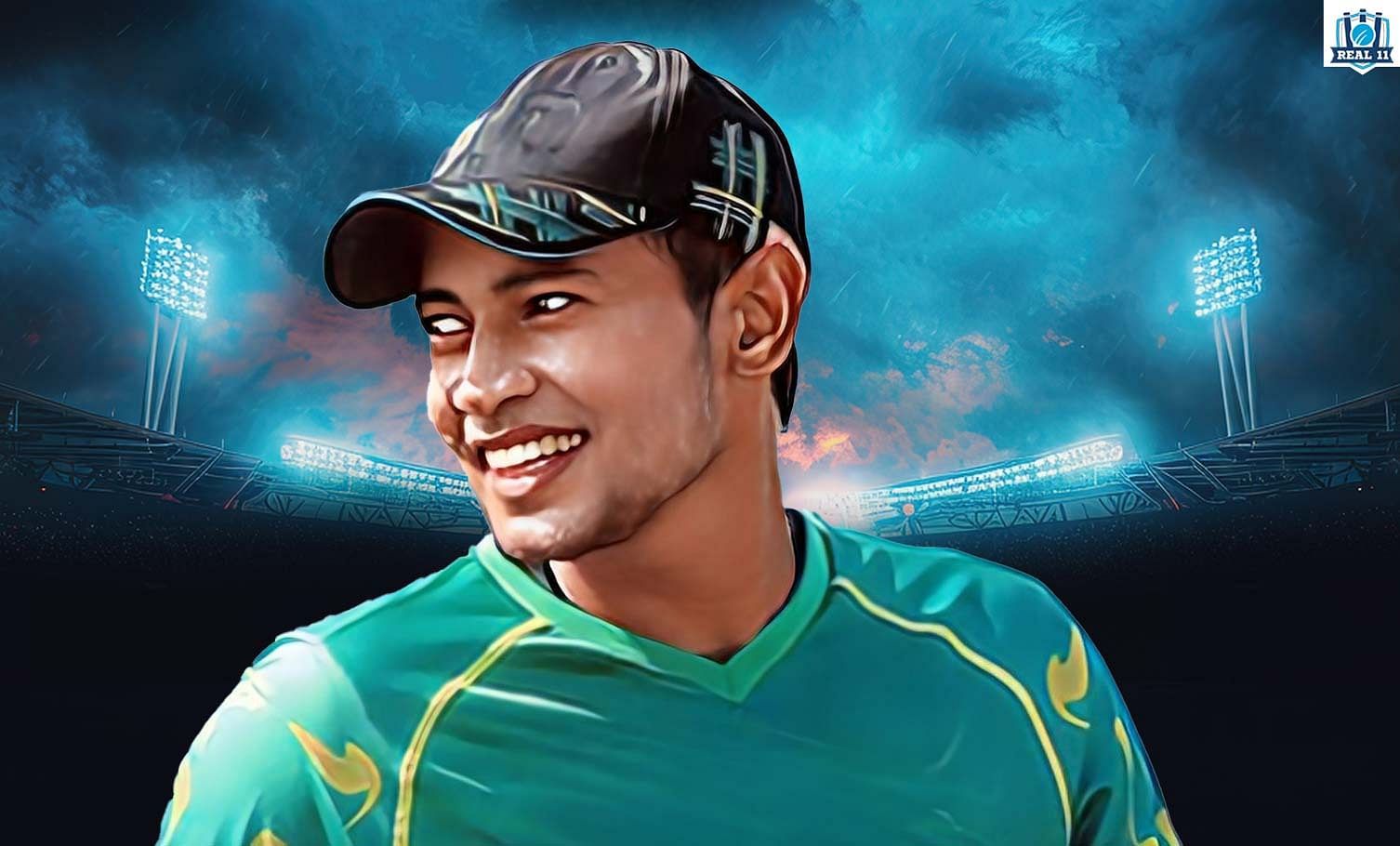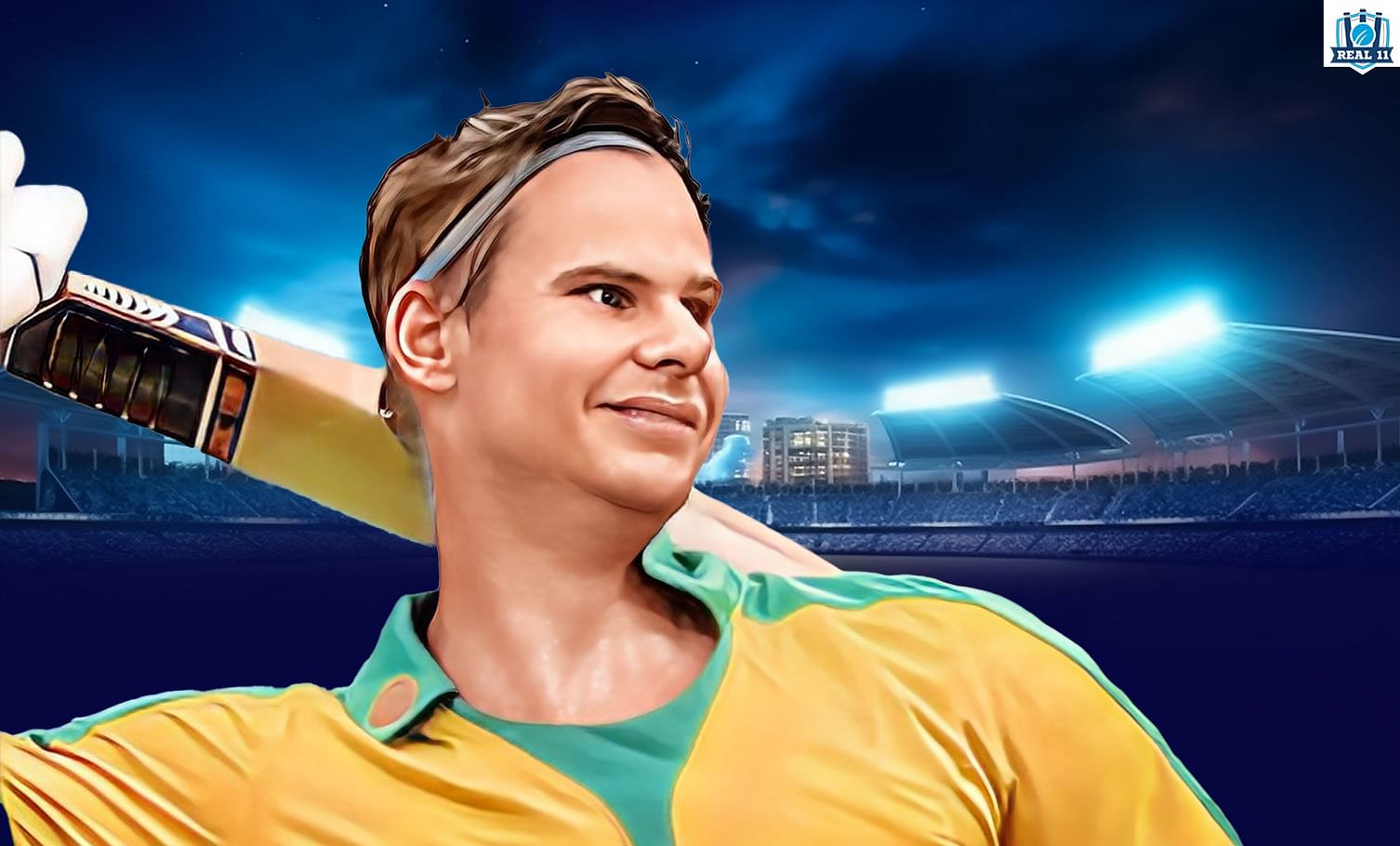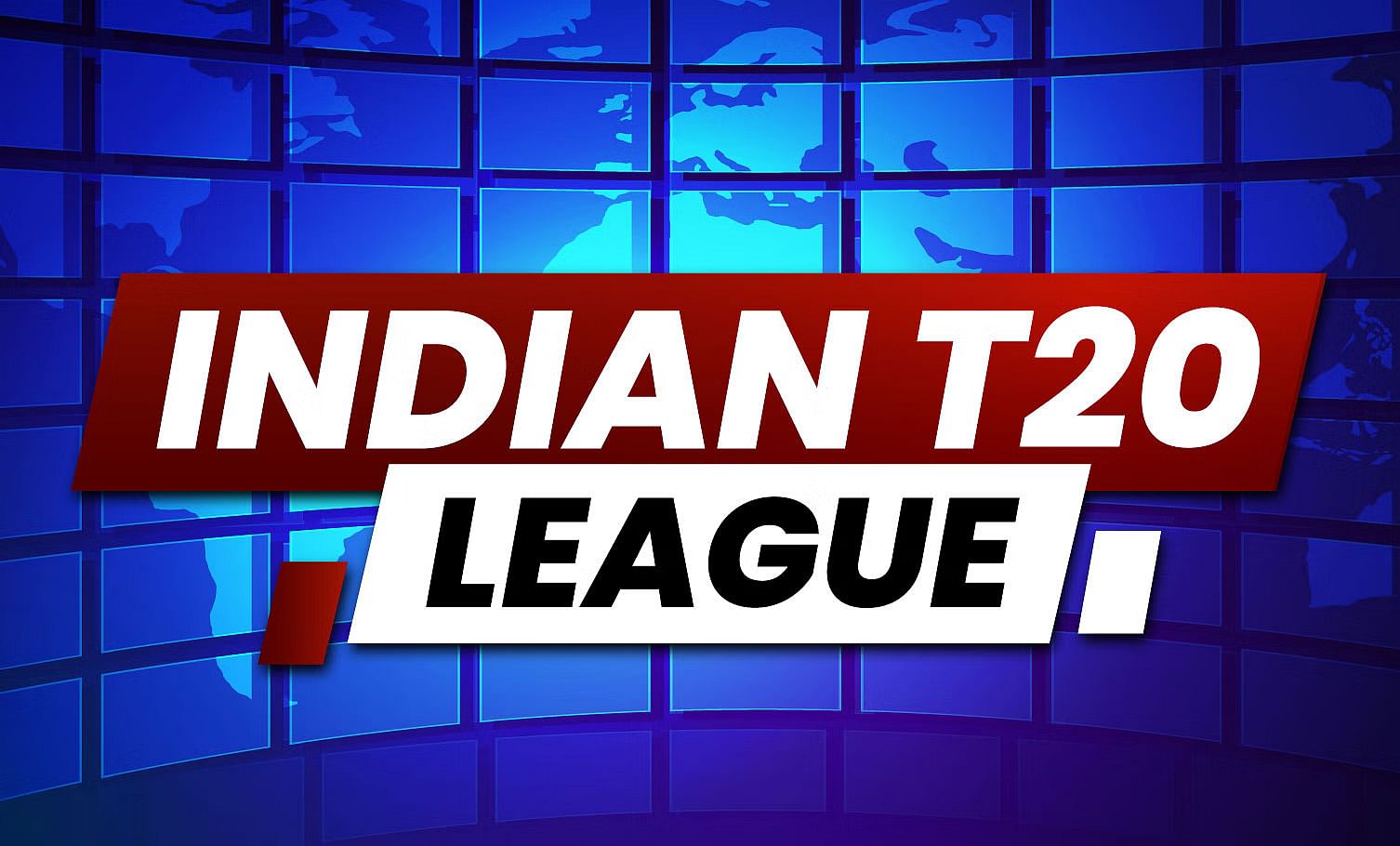The key areas Ten Haag needs to work upon to fix the theatre of broken dreams

Problem a plenty for United: The key areas Ten Hag needs to address before it's too late
It was early December 2013. Manchester United faced a 1-0 defeat at the hands of Newcastle United. It meant the defending champions lost back to back home matches for the first time since 2022, and it was Magpies’ first win at Old Trafford since before the end of the Vietnam War. In the first year post Fergi’s departure, David Moyes had mustered the team to just 22 points from 15 matches. Almost midway through the season, they were positioned at ninth- four points closer to the relegation zone than to first place.
Practically everything was going haywire for the red devils, as confirmed by the manager and club in one of the all-time-great team-account tweets of the early twitter era. Back when twitter was actually used to discuss football and not deemed as a source to spread rumours. This tweet from 2013 perfectly sums it up "David Moyes says #mufc must improve in a number of areas, including passing, creating chances and defending."
Manchester United hasn’t advanced beyond the Moyes era. The tweet nearly from nine years ago might be even more relevant today than when it was first published. Two games under Erik Tan Hag’s tutelage United sit last in the points table, with two losses in as many games and a minus 5 differential.
If the new boss is expecting to turn things around then his team must improve in numerous key areas including passing, creating chances and defending. But How?
Passing
Ten Hag likes to aggressively build up from the back. He applied this style of play with Ajax where he enjoyed great success. By building up all the way from the back, Ajax drew opposition towards them and then instantly broke the pressure with slick passing combinations or, say, Frenkie De Jong dribbling past the entire team all by himself with ridiculous ease.
Much to the annoyance of Ten Hag (and Barcelona), United do not have Frenkie De Jong. And Paul Pogba- the closest archetype to De Jong that United have had is now playing for Juventus. So, in the first two matches, United have tried to pass the ball out from the back- and they’ve failed, miserably. In the second game against Brentford, they turned the ball over within 40 metres of their own goal many times; a few of them led to turnovers, and two of them led to goals.
United have turned the ball over 15 times within 40 yards of their own goal, with eight over those turnovers directly leading to shots this season thus far.
A number of factors go into whether a pass is completed. No two passes are created equal or occur in a vacuum. The player on the ball must be able to recognise the pass and then execute it with pinpoint precision. But the receiver also has to find space and be proficient in receiving the ball and then flip around for his next action and so on. The collective art of passing is a combination of a chain of decisions and reactions that creates more decisions and more reactions.
One major issue for United, if they continue to play this way, is that there’s no one at the base of the possession chain.
David De Gea, in goal, has never been comfortable with the ball at his feet. Over his last five seasons with United, the Spaniard has completed less than 70% of his passes. Now, compare to the top four teams in the PL: Liverpool’s Alisson has completed 84.9% of his passes, while Manchester City’s Ederson has completed 86.6% of his. When the possession reaches De Gea’s fee, it’s likely to end up in a disastrous turnover.
This weakness, however, is aggravated by the fact that United still haven’t signed a defensive midfielder. While it makes sense to consider this theoretical player's primary value as his ability to protect the backline without the ball, United also need a player who can keep these longer possessions alive in the early stages. The role of a deepest midfielder isn’t necessarily making Andrea Pirlo-esque, line breaking passes but to make simple sideways passes out of pressure to keep the possession going.
Fred and Scott Mctominay have never been dependable passers of the ball, so Ten Hag tried out Danish international, Cristian Eriksen as a defensive midfield against Brentford and it didn’t go well:
Eriksen is known for his creative passing. He passes the ball into the penalty area with finesse but has never completed them at a particularly high clip: just 77.1% over past five plus seasons. In comparison to other midfielders in the same role, Eriksen is miles behind. Fabinho has completed 88.3% of his passes since making his debut for Liverpool, while Manchester City’s Rodri is right up with 92.2% successful passes.
At least for now, Eriksen just doesn’t really seem to understand the spaces he needs to occupy in this role.
Chance Creation
United really hasn't been that bad at moving the ball into the attacking third when they aren't committing errors in their own half. United have been able to take a ton of shots, 32 to be exact, just one fewer than City's league-high 33. They have been able to move the ball into the attacking third at a relatively high clip over their opening two games. Instead, the issue is that they have generally fired poor shots. Their fourth-highest league average for shot distance is 17.3 yards, and they currently have one of the worst expected-goals-per-shot average.
They have scored just one goal despite taking the second-most shots in the competition. They've been unlucky not to score more, but the 2.3 xG they've generated through two games is still only the 11th-best mark. Because they went down early in both of their matches, United spent most of their opening games against teams that were no longer seeking to maximise the number of goals scored and were instead focused on organising bodies behind the ball.
It's unsurprising to witness Ten Hag's team struggle to execute the precise moves necessary to break down a packed-in defensive in the attacking third given their problems with buildup play patterns. Instead of probing, high-value balls into the box, the majority of their passes that resulted in shoots only involved sideways ball circulation:
It's interesting to note that United has performed best under Ten Hag when they move the ball swiftly, just like they occasionally did under Ole Gunnar Solskjaer.
A direct attack as per Stats Perform is “an open play sequence that starts just inside the team's own half and has at least 50% of movement towards the opposition's goal and ends in a shot or a touch in the opposition box." Over the two matches, United have generated five direct attacks.
Defending
Yes, it has indeed been quite bad. Here are United's rank after two games in terms of several important metrics:
Goals allowed: 6, T-18th
xG allowed: 3.11, 15th
Shots allowed: 28, 15th
Set-piece shots allowed: 11, T-18th
Touches in penalty area allowed: 51, T-15th
And this is all while United averages 65% of the ball in their games, which is the third-highest percentage in the league. In essence, United's best defence to date has been making sure they aren't playing defence. They do try to recover the ball high up the field after losing it, but they have only committed 15 turnovers inside 40 yards of the opposing goal, which ranks 11th in the league. The fifth-deepest mark in England, their average defensive action occurs 38.92 metres from their own goal.
They have been a below-average defence thus far in almost every way possible, if not worse.
What now?
It is clear that this is somewhat of a toxic cycle. United still seem to be best suited for a quicker, transition-based style of play with the ball with their current lineup. However, in order to be successful in that manner, you need players who are at ease spending extended periods of time without the ball in order to finally open up space for transition attacks.
Ten Hag has placed more emphasis on maintaining possession of the ball because he lacks many of those players and doesn't appear to want any of them. However, United doesn't really have the players to play that approach yet either, so it results in both costly giveaways in the defensive third and slower plays that allow the opponent to get bodies behind the ball.
The squad tries to press high in an effort to both try to create more of those transitional situations and to completely keep the ball out of their defensive third. However, as long as Cristiano Ronaldo is still representing Manchester United, they won't be able to press effectively. As a result, the press breaks down, leaving those defensive weak spots defenceless against the most challenging situations in modern soccer: quick counterattacks in wide open spaces.
Ten Hag shouldn't be held responsible for the dismal show, at least not yet. He wants Manchester United to play the kind of soccer that will win championships in 2022: flowing possession combined with a fierce press that keeps the ball in the offensive third. The issue is that United hasn't assembled a team that is designed to play that style because they haven't assembled a team that is designed to play any particular way. Instead, they've put together an expensive team of star players without considering how they may complement one another, play to each other's strengths, and guard against one another's shortcomings.
If anything, they've assembled a team of players who seem to make each other worse
They've spent the entire summer chasing after players who have some sort of connection to their current coach rather than actually aiming to rebuild the club with any kind of long-term plan that will allow them to eventually compete with the elite managers and recruitment teams in place at both Manchester City and Liverpool, for example.
I don't blame Ten Hag for that; the majority of coaches are lousy talent scouts, and any functional team would have a procedure in place to avoid it. Finding the proper players for the right coach, who can then develop those players, is how you construct a strong team, not just by purchasing some of the players the coach says he wants.
Ten Hag is attempting to completely restructure United's strategy in a way that he believes will lead to long-term success, as opposed to maximising results with a short-term tactical approach.
We won't know whether his way is actually the right way for a while. If he sticks with the variant of the same approach, the remainder of the season will surely be filled with frustration. If this is going to have any chance of working well in the end, United will need to be patient and they’ll also need to find out a way to figure out what kind of players they want in the setup
But here's the thing: why should anyone expect that to happen ? After all ten years of waiting, things have only gotten worse.
CRICKET NEWS
























